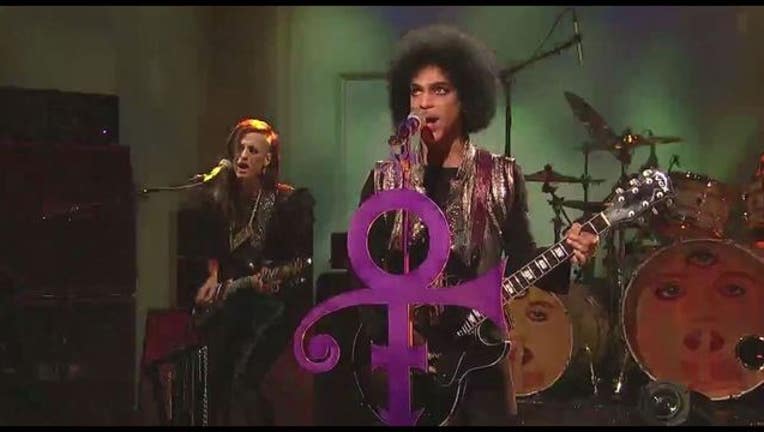Prince death sparks Minnesota bill to clarify artist rights

ST. PAUL, Minn. (AP) - ST. PAUL, Minn. (AP) — Prince carefully guarded his public image in life, and now some Minnesota lawmakers are trying to ensure that his estate can continue doing so after his death.
A Minnesota House committee on Tuesday began debating a measure that would create a so-called Right of Publicity in the state, which would clarify the rights of artists to control the commercial use of their names, likenesses, images, voices and signatures, and to extend those protections even after they die.
Other states have similar laws, but Prince's death brought the question to Minnesota of how to ensure that an artist's legacy remains in the hands of his or her estate. That occurred to Sen. Bobby Joe Champion when he dropped in on one of many Prince celebrations and saw people selling T-shirts with Prince's likeness that he believes were probably unlicensed.
"It raised a really important issue to say: 'Well, hold up. Do we have any protections here in Minnesota around a person still being able to control their likeness and their image even after their death?'" said the Minneapolis Democrat, who once directed a choir that backed up Prince in several performances. "We realized in Minnesota we didn't have any responsible protection."
Prince was found dead in his suburban Minneapolis home on April 21, and since then questions have swirled about what will happen to his estate and legacy.
In Minnesota, there is common law that seems to recognize that there is a right of publicity that allows people to control their own names and likenesses, according to Joel Leviton, an attorney for Stinson Leonard Street, the law firm representing the special administrator of Prince's estate. What has never been established in case law is whether it passes to heirs, he said.
"Without clear legal protection prohibiting unauthorized commercial uses of Prince's name and likeness, the asset — that is Prince's identity itself — begins to diminish in value as others use it for commercial purposes," Leviton told lawmakers in the House on Tuesday. "There is no way a subsequent court case can fully recover the value for Prince's heirs. There are just too many people who can sell T-shirts and merchandise with Prince's image."
Some say the proposed law — which would protect one's likeness for at least 50 years — is overreaching and could have serious unintended consequences that likely won't be thoroughly vetted with less than two weeks remaining in Minnesota's legislative session.
William McEveran, a law professor at the University of Minnesota who specializes in information law, said the bill could raise constitutional questions. He said that unlike trademark law, which generally focuses on whether a consumer believes someone is trying to "pass off" or misrepresent their goods as someone else's, this measure has blanket protections that could stop people from creating things pertaining to an artist, such as an unauthorized biography, even if it's clear it's not associated with the artist's estate.
McEveran also said lawmakers need to consider why these rights of publicity should be protected after an artist dies.
"The purpose of a copyright is to reward and encourage people for making great music, art, writing, things like that," he said. "What are we trying to encourage by having these celebrity publicity rights? Do we think that people need to have decades of rights after they die or else they won't plan on becoming famous? Do we think that people becoming celebrities contributes to our culture the way that Prince's music does?"
___
Associated Press writer Kyle Potter contributed to this report.

